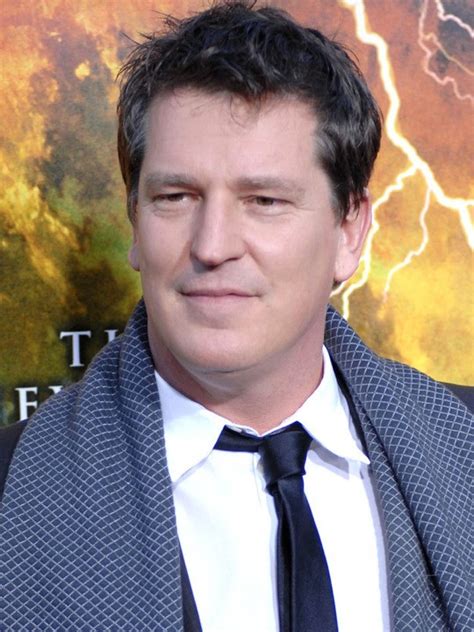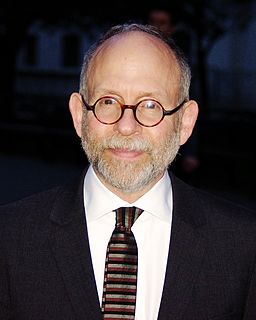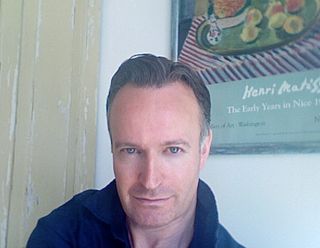A Quote by Stephen Hopkins
I directed 24's pilot. I felt we should follow the characters around as if we were a documentary crew, using available light, hand-held cameras, split screens, sound that isn't always what it should be, to suit the reality of the premise.
Related Quotes
The touch was exactly what the touch of a lover's hand should be: familiar, yet exciting as a whispered promise. I felt an almost irresistible urge to take her hand and place it flat against my chest, near my heart. Maybe I should've done it. I know now that she would've laughed, if I'd done it, and she would've liked me for it. But strangers that we were then, we stood for five long seconds and held the stare, while all the parallel worlds, all the parallel lives that might've been, and never would be, whirled around us.
They tell you to memorize your lines, follow your light, and hit your marks. Those are the three things that you shouldn't do. You should not learn your lines, you should not hit your mark, and you should never follow your light. Find your light - that's my opinion. Everyone else will tell me I'm wrong, but that's my opinion.
We used hand-held cameras 50 years ago. It wasn't something new. Sometimes we used a tripod, or we'd have a tracking shot, and sometimes - like when a character was being chased - we used a hand-held camera because it was right for the scene. In those cases, it helped the mood; it created immediacy and a feeling for the viewer that they were in the scene and in the moment.
We have never lost a crew member on the space station, but of course, the Columbia accident. I was - I'd already been an astronaut for a decade when the crew of Columbia was killed. And I went through test pilot school. Rick Husband and I were out at Edwards at test pilot school together. He was the commander of Columbia.
English grammar is so complex and confusing for the one very simple reason that its rules and terminology are based on Latin - a language with which it has precious little in common. In Latin, to take one example, it is not possible to split an infinitive. So in English, the early authorities decided, it should not be possible to split an infinitive either. But there is no reason why we shouldn't, any more than we should forsake instant coffee and air travel because they weren't available to the Romans.




































